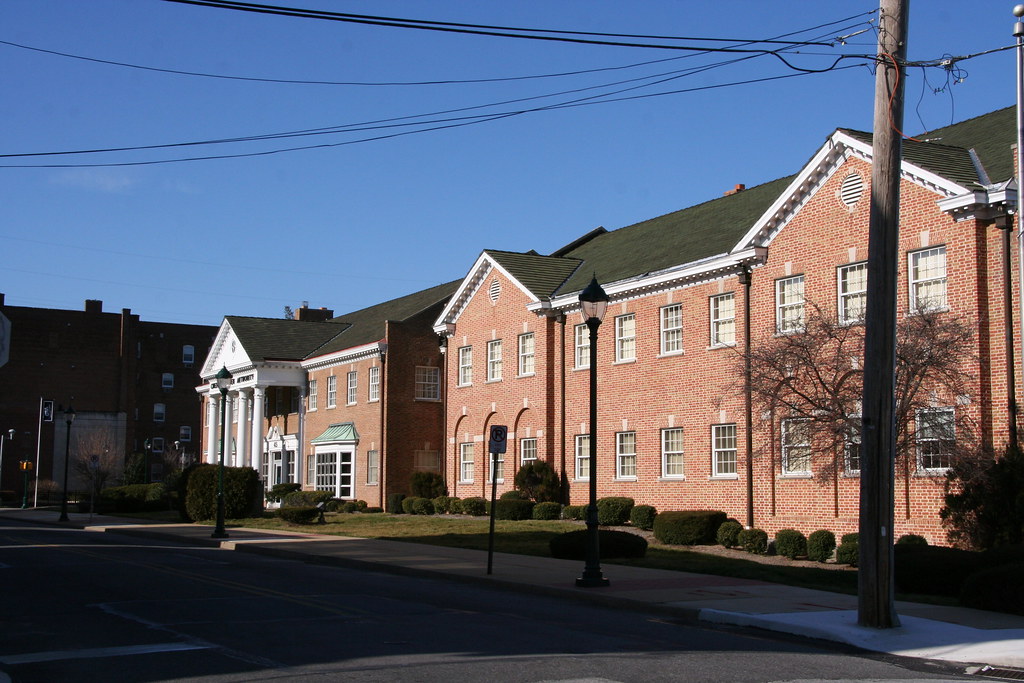Water should be a basic right. Let’s require corporations pay taxes or dissolve them and use the money to build back infrastructure. Cities and towns should not have to sell water systems to profit-driven companies. Privatizing is no solution.
“You want to be cautious about whether it’s in the public interest,” one expert said.
This article appeared in By Leticia Miranda.
When Margo Woodacre opened her sewage bill in April, she did a double take. Her latest charges jumped 42 percent, to $37 per 1,000 gallons from $26 per 1,000 gallons. That was a major hit on the budget of the 71-year-old retired social worker who lives in Landenberg, Pennsylvania.
But she told NBC News she’s worried the rate hikes have just started. In 2017, her cash-strapped township of New Garden accepted a bid to sell off its sewer system for $29 million to a private investor-owned company called Aqua. But as part of the sale, Aqua could continue to increase rates by as much as 51 percent, according to the agreement between Aqua and New Garden Township. Now, Aqua has set its sights on buying out the Chester Water Authority, the utility that serves Woodacre’s neighborhood with drinking water, which would raise her bills even more.
“My community — we’re all on fixed income. So obviously we are concerned about rates. We need water,” said Woodacre, who has been organizing against the privatization of the water system. “It’s about not having control as a rate-paying customer.”
The water business has been a booming investment for private companies. Over the last couple of decades, private water companies have steadily increased their market share of water systems to 15 percent from 10 percent, largely by taking advantage of state legislative efforts that have changed how public assets are valued, said Heike Doerr, a water utilities analyst with S&P Global Market Intelligence. In the past, the value of a public utility was measured by its “book value,” which factors in its depreciating value — like a car. But since 2016, 14 states have passed “fair market” legislation, which allows companies to factor in the future value of a utility, pay above this price and then pass along those costs to consumers.
The Chester Water Authority acquisition is just one of 28 pending water and wastewater purchases across 11 states with a combined value of $787 million, according to S&P Global Market Intelligence. As the country’s water infrastructure ages and cities fall deeper into financial distress, selling to a private company can be appealing. Cities and towns can relieve themselves of the burden of running a rusty water system while using the profits from the sale to pay off debts or improve parks and schools, Doerr said.
New Garden Township Solicitor Vince Pompo said in an email that the township had sold the sewer system because it “was aging infrastructure which was predicted to require fairly significant further rate increases of its own.” The township plans to use the sale profits to clean and develop public parks and improve streets in one of its villages.
See the full article HERE.
Photo credit: “Chester Water Authority” by Chris Pesotski is licensed under CC BY-NC-ND 2.0

